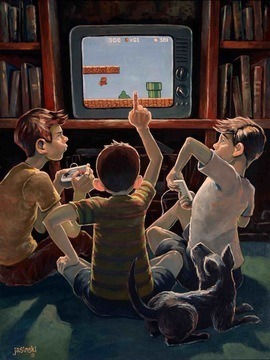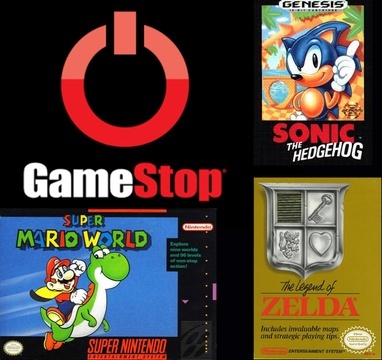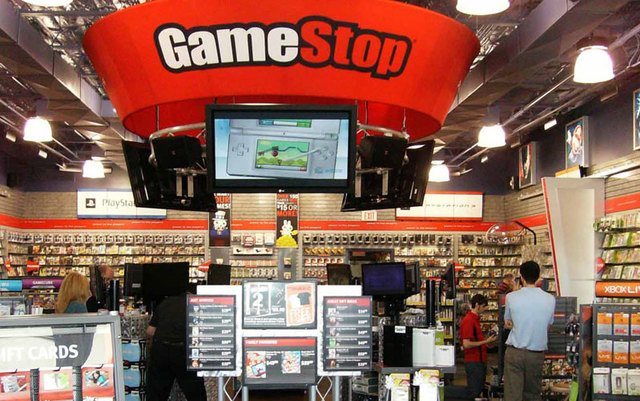Mario, Link, Pac-Man, and Sonic all share something huge in common. They all (and many other classic characters) were a large part of generations X and Y’s childhood.

Classic gaming is where it all started, is where gaming skills and technology were developed, and is where characters were born that are still just as loved and viable in the gaming market as the day they first hit the shelves. The devotion and long-term fan base that classic gaming holds has continued to carry on over the years; it is no surprise that GameStop, one of the largest gaming retailers in the United States, has decided to delve into the market. Soon the gaming giant will begin testing out the sales of retro games and consoles in 250 stores across the United States and on their website.
Soon the gaming giant will begin testing out the sales of retro games and consoles in 250 stores across the United States and on their website.
Transactions will be the same for retro products as they have always been for current merchandise. Gamers will be able to sell their classic games to GameStop for store credit or cash value based on the trade-in value of the product. And this is exactly what has some gamers up in arms about GameStop’s latest move.
Several concerns come up
The top one concern being why would anyone want to trade in a retro, possibly collectible game for a few measly in-store credits? GameStop is a retailer like any other; it practices good business by bidding low and selling high, a formula that keeps most companies profitable. GameStop is known for good deals, but to provide low prices they must buy and receive trade-ins at a lower price than the game’s actual value, leaving some customers feeling low-balled.
GameStop selling retro games and consoles could ultimately hurt local gaming retail. With major game retailers such as GameStop being able to offer products at lower prices, it is hard for small local game shops to compete. Small shops’ only option has been to offer retro, classic, and rare titles and hardware. Soon this one advantage in the market will not belong to the small business owners and local game shops could close, leaving gamers with fewer choices.
Another concern is that some people will illegally reproduce classic titles, attempt to sell them to GameStop and then the pirated copies could be bought by an innocent customer. Will the gaming store have a way to vet items being sold/traded to them when rip-off cartridges are easily and cheaply made?
Time will prove whether GameStop joining the business of retro games is a good move for the gaming industry or not. But, for now, the silver lining is that those games that you have been searching for at flea markets and in discount bins just got a lot easier to find.
So let me know, are you happy with GameStop’s new move? Will you buy your retro games from the gaming giant or stick with your local mom and pop stores and flea markets? Would you be willing to trade in your classic games for trade-in cash value or store credit?









Published: May 6, 2015 11:06 am